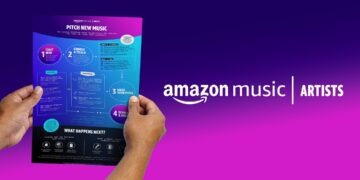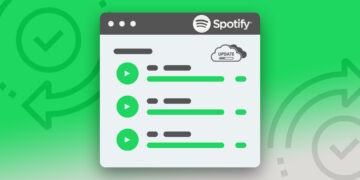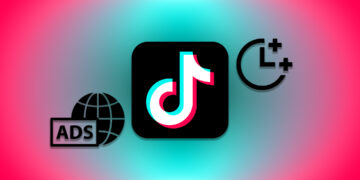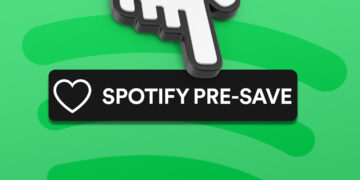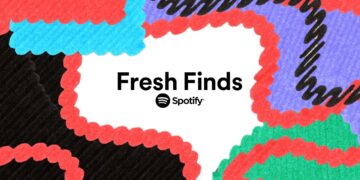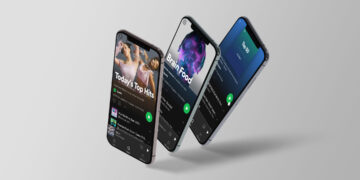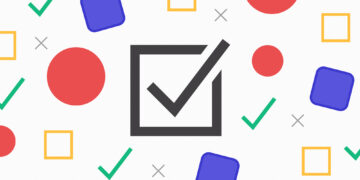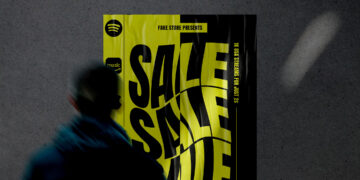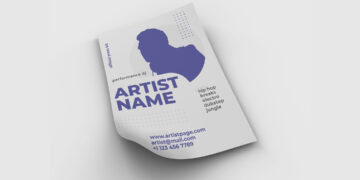Dos and Don’ts for Streaming Promotion
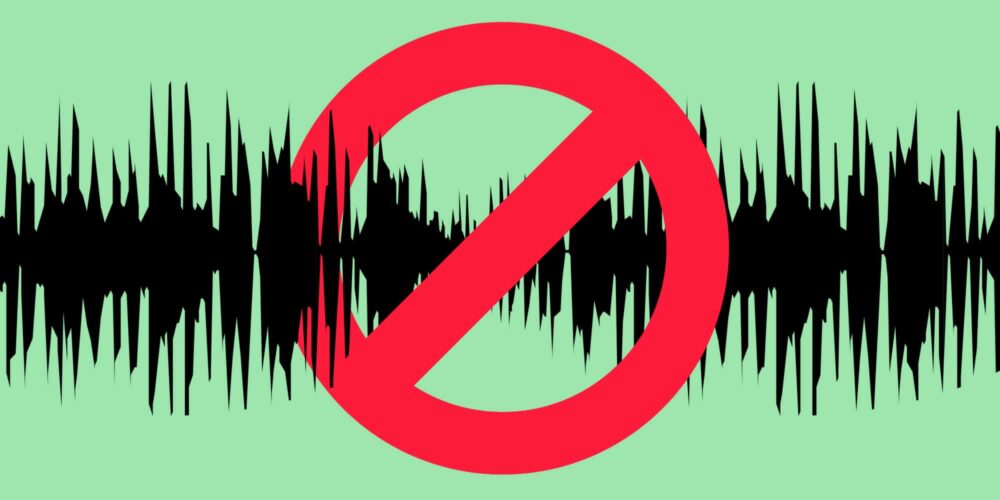
- Why buying streams is not only a risk, but also useless
- How streaming services detect when fraud is being committed
- What streaming promotions are allowed
If you make your music available on streaming platforms such as Spotify, Apple Music, Deezer or Tidal, you naturally have the goal of achieving as many streams as possible. It is even more annoying if your release is no longer available after a short time. The focus on numbers in today’s music world tempts many to use unfair methods. But if you fall back on dubious offers, you have to reckon with the fact that your release is suddenly no longer available.
There has always been fraud in the music industry: managers bribed radios to play their artists’ songs or labels bought their own CDs to boost sales. The new technologies lead to an unprecedented number of scams. We don’t want to go into all the possibilities of manipulation in order not to bring anybody on stupid ideas. Since it may not be quite clear to some what is actually allowed and what is not, we would still like to point out the most common methods here.
Fake Streams: Hands off Playola
A simple Google search shows that there are innumerable offers on the net that should help you to increase your numbers by buying streams. Even if the websites and offers seem serious at first glance, unfortunately there are very few of them. A simple basic rule is: If an offer is so good that it can almost not be true, it is probably not true either. We have looked at numerous offers and compared them. For example, you get 10’000 streams for 19.90 Euro, most of them cost about 35 Euro. But also offers where 10’000 streams are offered for about 100 Euro are not more serious – you simply pay more for the risk of being blocked.
Many Websites offer also that you can buy streams in specific countries or exclusively Premium Streams. That sounds naturally even more tempting, also because many offerers place very good-sounding reviews of content customers on their Website. But also here the chance is very high that you are dealing with click farms or other improper methods.
Apart from the risk that the song will be removed from the platforms again, buying plays doesn’t make much sense:
Let’s say somebody wants to buy 100’000 Spotify streams, which according to the provider come exclusively from Germany. The prices for such offers vary, but you would have to reckon with about 300 Euro.
For these 100’000 streams you will receive a maximum of 300 Euro from your distributor. Financially it is therefore a a zero-sum game but with the risk of being blocked by Spotify. And don’t forget that you don’t make a long-term profit because you only increase your streams at short notice but you don’t win a real fan who will listen to the next releases and support you.
The same applies of course to the purchase of followers, streams on playlists and similar offers. Hands off!Shortcode
Abnormal streaming behaviour: The release will be blocked
Spotify and its partners are known to have excellent algorithms that suggest the right music to their users. Their algorithms are just as good at detecting possible fraud. If an artist tries to increase his streams artificially, the streaming services will sooner or later find out. They don’t care if the artist has fallen for a serious offer. Spotify, for example, pays the artists according to the following principle: They take the revenue generated by subscriptions and advertising and distribute it to the various artists on the basis of the streams generated. So if someone manipulates his streaming numbers by means of a bot that always plays a song for 31 seconds (from 30 seconds on it is considered a stream), other artists earn less and in fact we can speak of theft.
When analyzing the data, streaming services shall consider the following factors:
- Number of streams of a release per week
- Number of users who streamed the release
- Total number of streams / total number of users that stream the track
- Number of tracks on the release
- Number of short tracks on the release (< 60 seconds)
- Number of short streams on the release (< 60 seconds)
- Territorial activity
If one of these factors appears suspicious, the release will be blocked on the platform and the streams identified as fake will not be paid out. If the song is distributed through iGroove, we will receive a notification from the shop, whereupon we will contact the affected artist.
In most cases, we also recognize that the streaming numbers are suspicious. For example, if a German rap song generated most of its streams in the Philippines, or almost all streams were generated from free accounts or desktop devices, it is obvious that there was helped out. It is also important to note that we have no control over whether the streaming services block songs or delete illegally generated streams. The shops have the right to remove releases without warning if there is a suspicion of fraud. iGroove has no influence on this. Neither do we have any interest in music being removed, because we only earn money if it is available. Furthermore, we reserve the right to block artists who manipulate.
In rare cases, the algorithms may sound the alarm without fraud. For example, if a special promotion has caused a lot of streams in one go or a band with only a few followers suddenly has a lot of streams on one song (e.g. if their track is played in an advertisement). In such cases, however, you can also clearly tell the streaming services why the streaming numbers deviate from the norm and the song will be replayed.
In all other cases the song won’t be available and with regular cheating you risk to be banned from the platform completely. By trying to increase the income at short notice, you’ll only damages your whole career.
What kind of streaming and playlist promotions are allowed?
The rules of the streaming providers are very strict and so you could say: practically nothing. As already mentioned above, you should keep your fingers off offers that promise a fixed number of streams (especially at low prices).
Other offers are in a grey area. So it is officially not allowed to sell placements in playlists, but since this is offered by countless providers, Spotify and their partners seem to tolerate this to a large extent.
This is mainly due to the fact that bots are often used when selling a fixed number of streams and therefore no real people consume the music. Especially these bots are recognized and prevented by the algorithms.
If you buy a placement in a playlist which is then streamed by real listeners, the algorithms do not react.
iGroove offers its customers streaming promotions in cooperation with reputable partners. You can choose between different packages for playlist placements, which are divided into different genres. We offer various offers in the German-speaking area, as well as an international promotion.
You can also book offers like Playlist Push or Submithub. Simply said, you don’t pay the curators to be included in a playlist, but for their feedback. Of course, the curators also include the song in their playlist if they like it.
Do you have an offer that makes a serious impression on you, but you’re still not sure? Then contact the iGroove-Support and get our opinion.
No songs in a permanent loop
Another popular but forbidden method is listening in a permanent loop. Of course it happens that you hear a song (even your own) four, five or 10 times in a row. It’s no problem either. Do you listen to a song for one or more days in a continuous loop? This might happen in torture prisons but certainly not with normal music consumers. The algorithms of the streaming service see this the same way and therefore a song is blocked if it is taken in permanent rotation. So you should neither listen to your own song in continuous loop nor encourage your fans to do so. This is very easy for the algorithms to recognize and the song is therefore soon no longer available and you do not see the money.
Besides obvious attempts to cheat, there are other reasons why songs can be removed from streaming platforms:
No release without all rights to the music
If you want to publish a song on the streaming platforms, one of the basic requirements is that you own all the rights to the lyrics and music.
Especially in the rap area there are sometimes problems. Here are some examples:
- A rapper has recorded a track about the beat of the latest Travis Scott single and wants to share it with his fans. He is welcome to do it, but not via the official streaming and download shops. If you don’t have the rights to the music, you have to use other channels and make the song available to your fans as a free download, for example..
- If rappers buy beats on the Internet, the terms of use must be read carefully. At best, you don’t have the right to publish them on all platforms with the acquired rights.
- Occasionally it comes also with features to problems, since the publication was not discussed with these. A concrete example: we had the release of a single on iGroove, on which a number 1 rapper was a guest. As soon as this was available, the manager of the rapper intervened with the major, where he is signed. They immediately made sure that the song was taken off the platforms again. Especially with celebrity feature guests, it’s important to coordinate the release exactly.
Cover songs are an exception. You don’t have the rights to them, but it’s allowed to publish covers. However, they must be marked as covers when they are entered in the iGroove system and the authors of the original song must also be entered in the Composer and Text Author fields. This only applies if both melody and lyrics correspond exactly to the original. If you record a German version of a Beatles song, this is not considered a cover.
Faulty cover
Another reason for a takedown could be the cover of the release. You can find out what you have to look out for in the artwork in this blog post.
iGroove checks every release manually and therefore no releases with faulty covers will be delivered.
Do you have any questions about the streaming promotion?
Then contact our support at [email protected] or write us in the chat.


